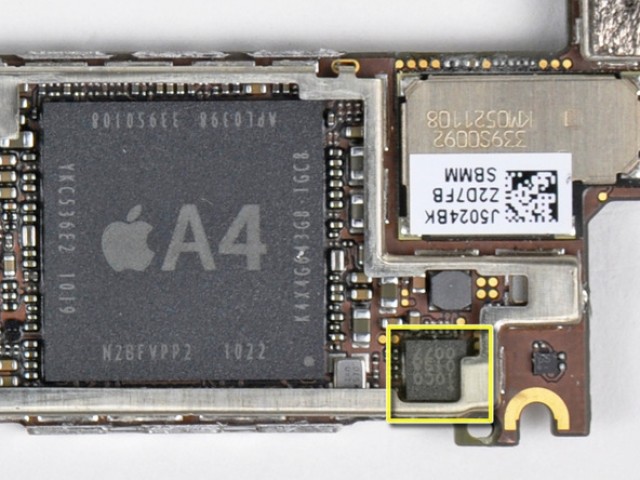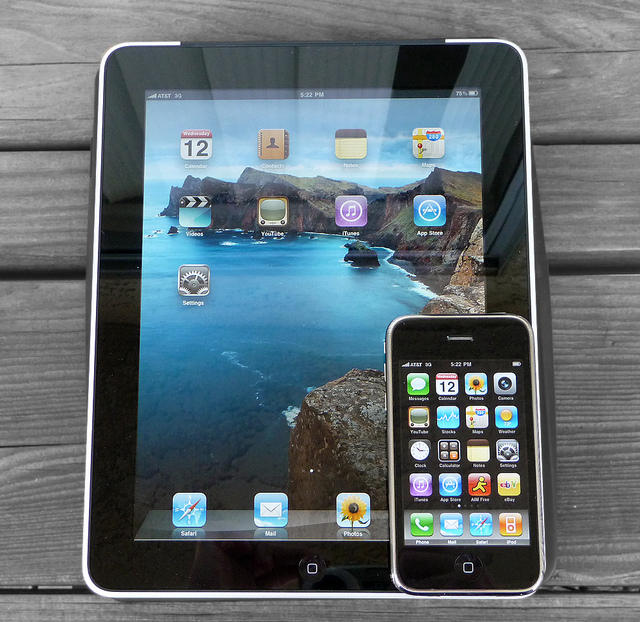Intel and Apple, teaming up to make A-series chips for the iPhone and iPad? That’s what the rumors are saying, with a recent Reuters report going so far as to claim that executives from both companies have actually met to discuss the possibility of the x86 maker pumping out ARM chips custom designed by Apple!
“Intel Once Again Rumored To Be Working On iOS Device Chips With Apple,” read our headline this morning. But would Intel really cash in on its x86 heritage to make ARM chips? And if Apple did switch, would that really be a win for everyone?
The short answer? Yes, Intel would make ARM chips for Apple. But no, it probably wouldn’t be a win for either company. Here’s why.
![Why Apple And Intel Probably Aren’t Going To Team Up To Make iPhone Chips [Feature] intela5](https://www.cultofmac.com/wp-content/uploads/2013/03/intela51.jpg)
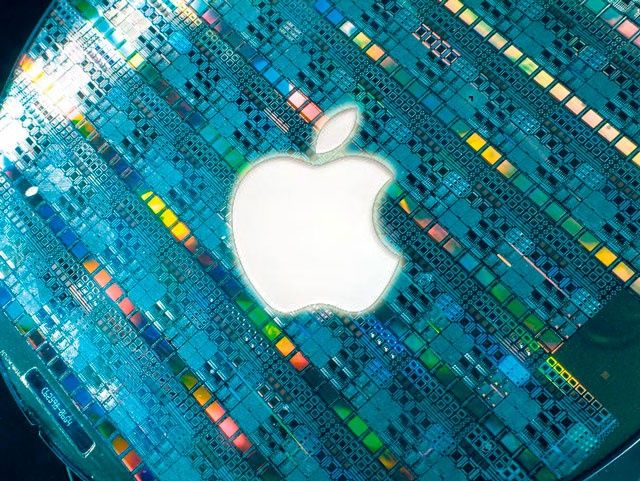
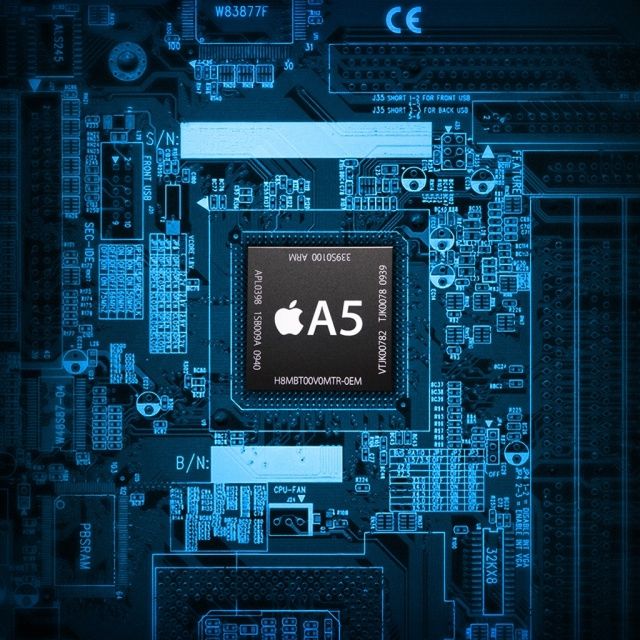

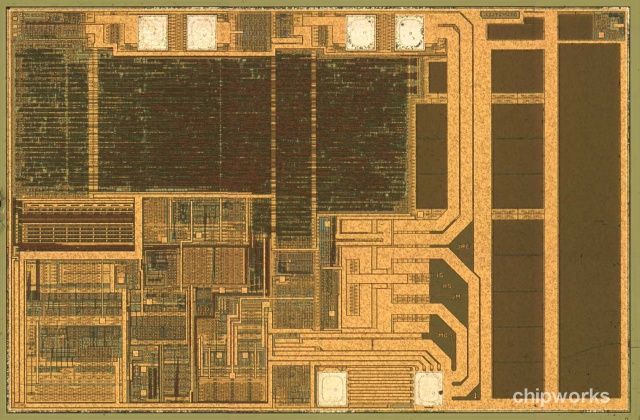
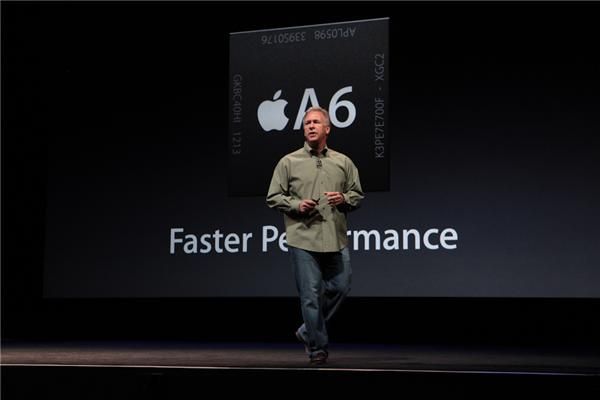
![Apple Attempts To Purchase Exclusive Access To TSMC’s Smartphone Chips [Report] tsmc](https://www.cultofmac.com/wp-content/uploads/2012/08/tsmc.jpg)
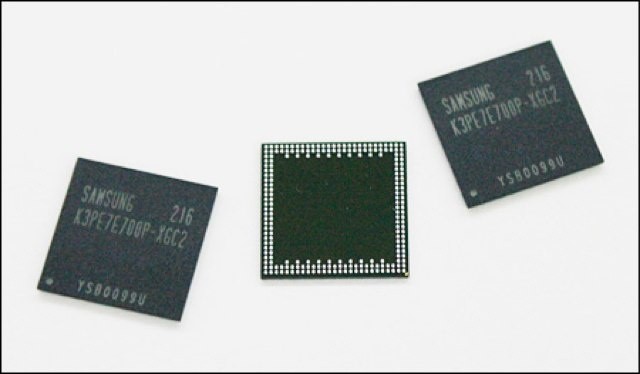
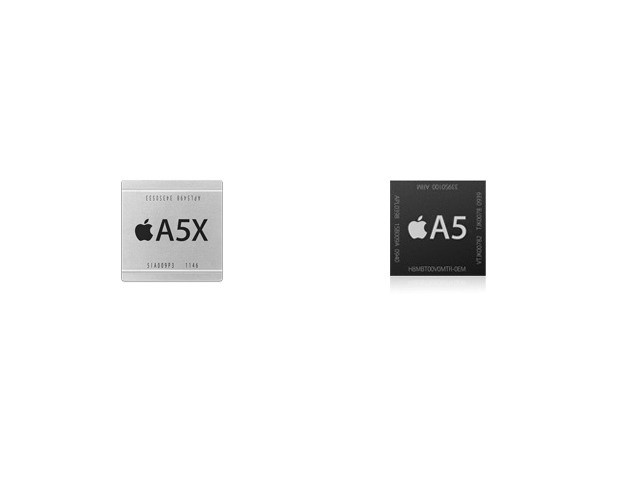
![Apple Working On Revamped A5 Chip And Totally New A6 Chip At The Same Time [Rumor] A5X](https://www.cultofmac.com/wp-content/uploads/2012/02/A5X.jpg)
![Apple Has a Truckload of Engineers Working on Its Own Chips for Mobile Devices [Report] post-122568-image-f2b22eea4b71ea66285b5b1a926dc168-jpg](https://www.cultofmac.com/wp-content/uploads/2011/10/post-122568-image-f2b22eea4b71ea66285b5b1a926dc168.jpg)
![Apple Shuns Samsung, Begins Testing A6 Chip with TSMC [Report] apple-a5-processor_2](https://www.cultofmac.com/wp-content/uploads/2011/05/apple-a5-processor_21.jpg)
